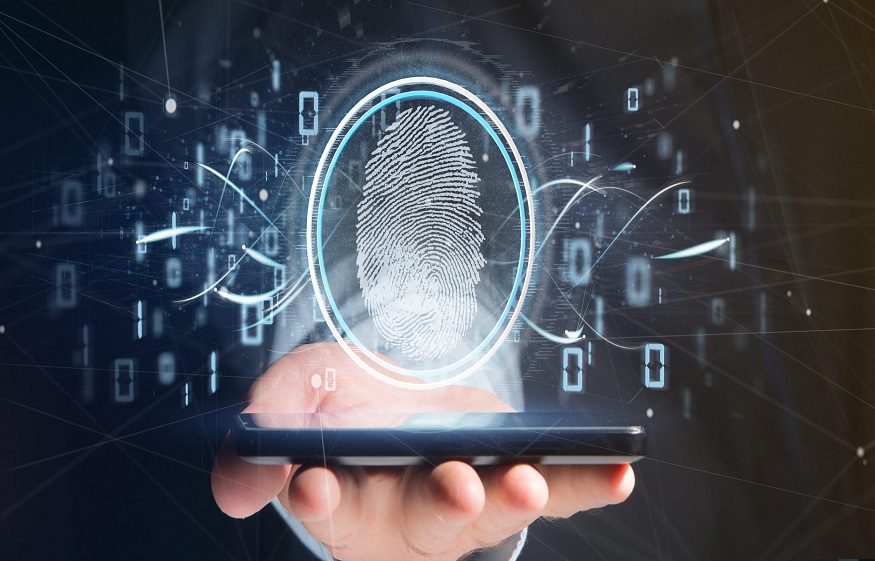In today’s digital world, identity verification is becoming increasingly important. It not only helps protect your online security but also safeguards the safety of your personal data. In this article, we’ll be exploring what identity verification is, how it works, and why it’s so important for you to use. Read on to find out all the details you need to know about identity verification!
What is Identity Verification?
This can be done through a variety of means, such as requiring a government-issued ID, using biometrics, or verifying personal information like date of birth or Social Security number.
For one, it helps to ensure the safety of both individuals and businesses.
There are a few different methods that can be used for identity verification. The most common is probably requiring a government-issued ID, such as a driver’s licence or passport. However, this method is not foolproof, as IDs can be stolen or forged.
Another method that is often used is biometrics. This method is more secure than using an ID, but it can be more expensive and intrusive.
Finally, some businesses may choose to verify personal information like date of birth or Social Security number. This method can be effective, but it’s important to make sure that the information being provided is accurate and up-to-date.
Where does Identity verification come from?
Identity verification comes from a variety of sources, ranging from government-issued ID to biometric data. The most common form of identity verification is through the use of a government-issued ID, such as a driver’s licence or passport. However, other forms of identity verification are becoming increasingly popular, such as the use of biometric data.
Biometric data refers to the physical characteristics of an individual that can be used to identify them. Biometric data is often seen as more secure than traditional forms of identification, as it is much harder to fake.
As technology advances, we are likely to see even more innovative methods of identity verification being developed.
How does identity verification work?
As the world becomes increasingly digitised, the need for secure online identity verification is growing. There are a variety of ways to verify someone’s identity online, but the most common and effective method is through the use of digital signatures.
A digital signature is a mathematical scheme that allows someone to prove their identity without revealing their actual signatory information. The signer’s private key is used to create a unique signature that can be verified using the signer’s public key.
Digital signatures are used in a variety of online identity verification schemes, such as SSL/TLS certificates and PGP keys. In order for someone to successfully verify their identity, they must possess both the private and public key corresponding to their digital signature.
Why is identity verification necessary?
There are a number of reasons why identity verification is necessary. Perhaps the most important reason is to prevent fraud. By verifying someone’s identity, businesses can be sure that the person is who they say they are and that they are not using a false or stolen identity.
Identity verification can also help to protect businesses from legal liabilities. For example, if an employee is involved in a workplace accident, the business may be held liable if it is later discovered that the employee was using a false identity. By verifying the identities of employees, businesses can help to ensure that they are only hiring legitimate workers with the proper qualifications.
Finally, identity verification can also help businesses to comply with government regulations. In many countries, businesses are required to verify the identities of their employees and customers in order to comply with anti-money laundering laws. By verifying identities, businesses can help to ensure that they are not inadvertently violating any laws or regulations.
Who can use identity verification?
Identity verification is a process of confirming the identity of an individual. This can be done using various methods, such as physical means (e.g. government-issued ID card, passport, etc.), or digital means (e.g. online banking login, social media account, etc.).
There are many reasons why someone would want to verify the identity of another person. For example, when applying for a loan or opening a bank account, the financial institution will want to confirm that the applicant is who they say they are. Similarly, when renting an apartment or buying a car, the landlord or seller may require some form of identity verification from the tenant or buyer.
In today’s digital world, identity verification is also often used to protect online accounts from fraud and theft. For example, when setting up a new online account, many websites will now ask for some form of identification in order to verify that the person creating the account is indeed who they say they are.
There are many different types of identity verification services available today. Some companies specialise in physical forms of identification, while others focus on digital methods. There are also companies that offer both physical and digital forms of identification.
How can I get started with identity verification?
There are a few ways to get started with identity verification. The most common is to use an online service like Jumio, which offers a variety of options for verifying your identity.
Another option is to use a government-issued ID, like a passport or driver’s licence. This can be done in person at a government office or by mail.
You can also use other forms of ID, like a birth certificate or Social Security card. These can be verified through the issuing agency.
Finally, you can use biometrics, like fingerprints or iris scans, to verify your identity. This option is often used by businesses and organisations that need to ensure the highest level of security.



